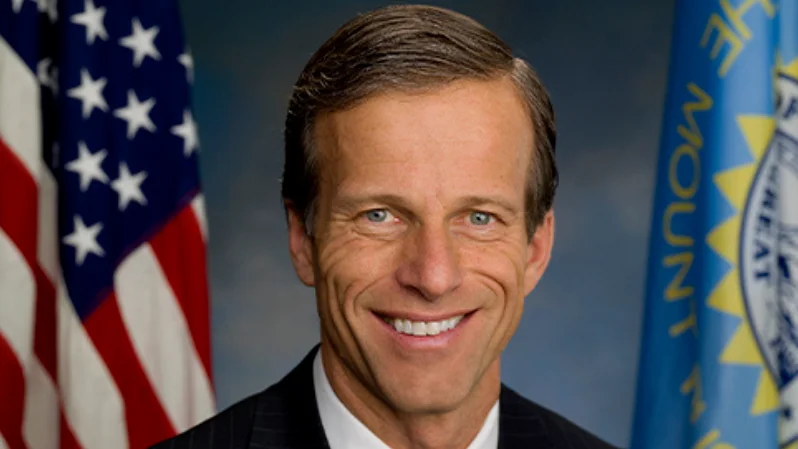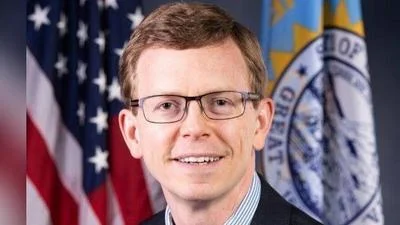Senator John Thune, US Senator for South Dakota | Official U.S. Senate headshot
Senator John Thune, US Senator for South Dakota | Official U.S. Senate headshot
U.S. Senate Majority Leader John Thune (R-S.D.) addressed the Senate floor to criticize what he described as unprecedented obstruction by Democrats in the confirmation process for presidential nominees. Thune argued that both parties have historically cooperated to confirm individuals selected by presidents, regardless of party affiliation.
Thune referenced remarks made by a Democratic leader in 2022, stating, “‘That doesn’t mean we don’t disagree. But it does mean when nominees are held up, opposed, or blocked—it’s for a legitimate purpose, not for leverage in partisan games, to score political points at the expense of public safety.’” He emphasized that these words reflect longstanding Senate tradition but claimed that Democrats have disrupted this practice.
According to Thune, previous administrations saw high rates of civilian nominee confirmations through unanimous consent or voice vote. “During President George H.W. Bush’s four years in office and President Clinton’s first four years, both presidents had 98 percent of their civilian nominees – get this, 98 percent – confirmed through unanimous consent or voice vote,” he said. He added that Presidents George W. Bush and Obama had 90 percent of their civilian nominees confirmed similarly during their first terms.
Thune stated that since President Trump took office eight months ago, no civilian nominee has been confirmed by unanimous consent or voice vote. He attributed this to what he called “Trump Derangement Syndrome on steroids,” suggesting the delays were not about nominee quality but rather political opposition following the election outcome.
He warned that ongoing delays have consequences for government operations: “First and foremost, those consequences are delays in filling essential positions throughout the administration in our government, the people’s government.” Thune noted that prolonged confirmation processes also reduce time available for legislative work.
Thune highlighted the scale of the backlog: “To clear the current backlog of nominees on the calendar and in committee, we would need to take another 600 votes before the end of the year.” He explained this number exceeds all votes taken so far this year and does not account for additional nominations expected from the administration.
In response to these challenges, Thune announced plans to propose procedural changes aimed at restoring previous Senate practices regarding nominations. He referenced earlier bipartisan efforts toward similar reforms: “The senior Democrat senator from Minnesota – along with her colleague in the Democrat caucus, the junior senator from Maine – made a similar proposal in 2023.”
Thune clarified his measure would apply only to sub-Cabinet level nominees and not Article III judicial nominees. The goal is to enable group confirmations so presidents can assemble their teams efficiently while allowing more time for legislative duties.
Quoting a Democratic colleague who supported related reforms last year, Thune said: “‘This commonsense reform will help improve efficiency and make sure we’re able to fill positions that are vital to our national security, economic success, and more.’”
Concluding his remarks, Thune asserted: “The historic obstruction ends now. Democrats have destroyed Senate precedent. We’re going to fix it.” He expressed hope that future presidents from either party would be able to form their administrations without unnecessary delay.


 Alerts Sign-up
Alerts Sign-up